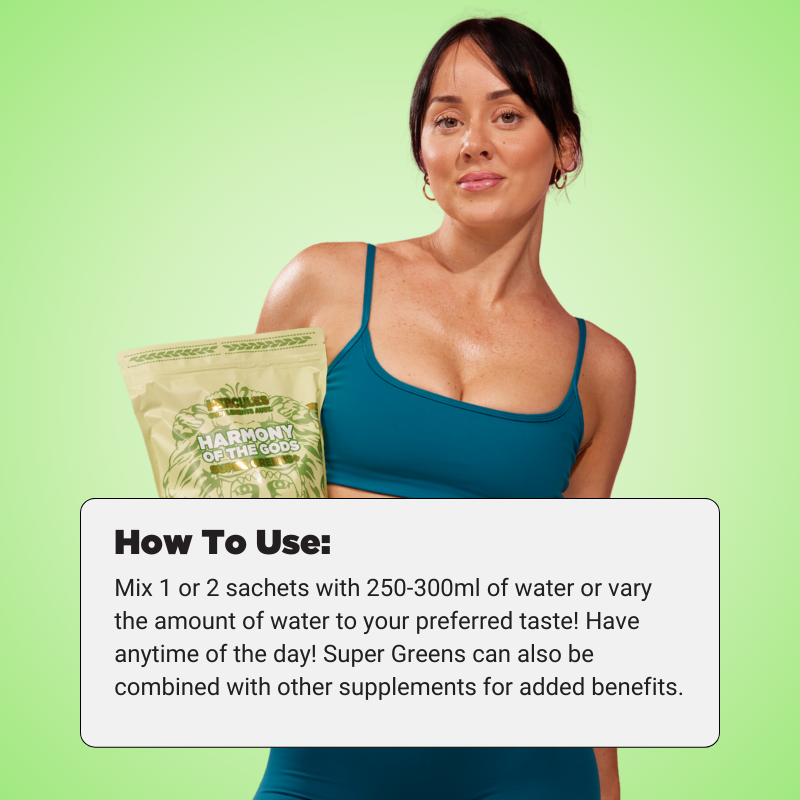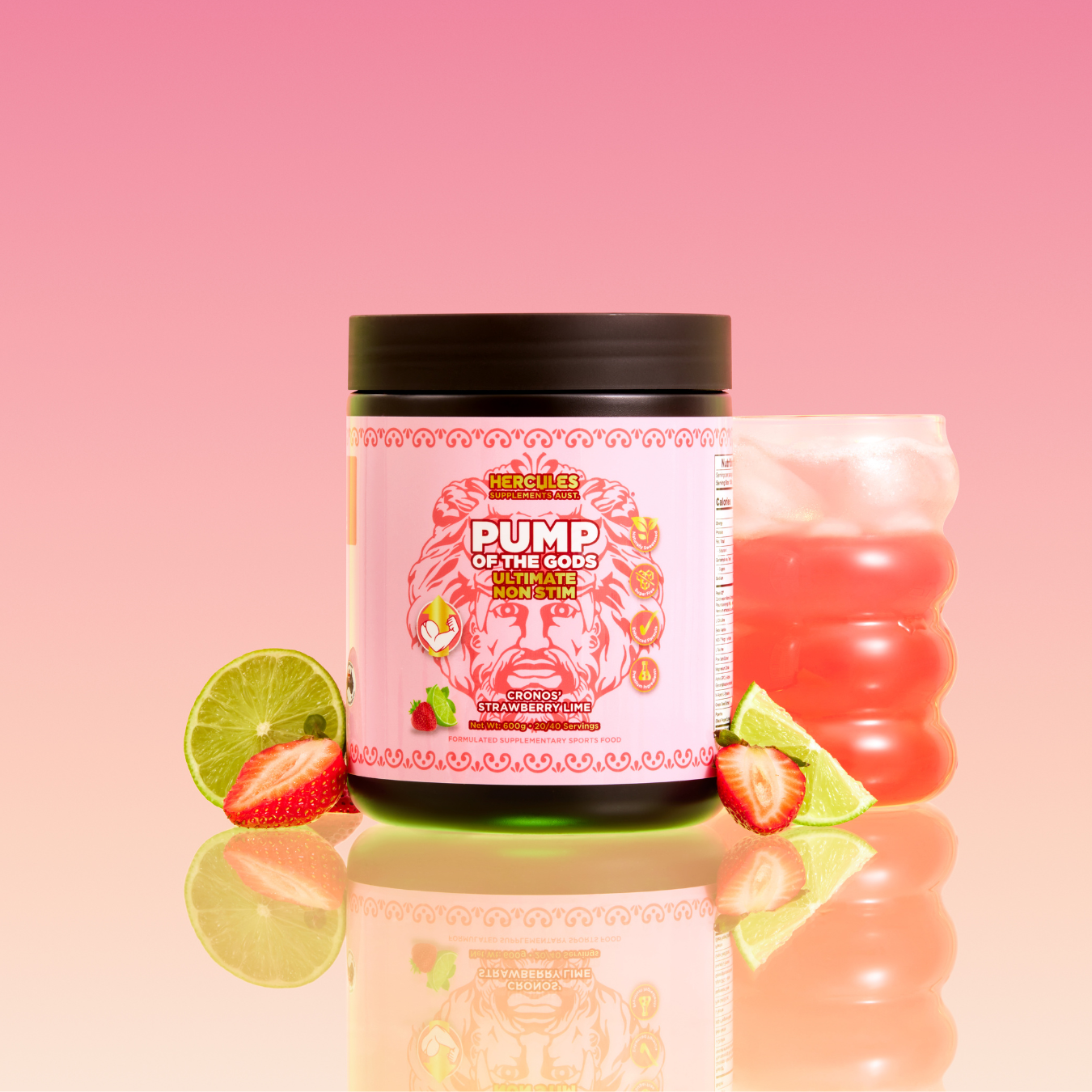What is Niacinamide?
Niacinamide, also known as nicotinamide, is a form of vitamin B3 that plays a vital role in cellular energy production, skin health, and overall metabolic function. It is a water-soluble vitamin that supports numerous enzymatic processes in the body, particularly those involved in energy metabolism and DNA repair. Unlike niacin (another form of vitamin B3), niacinamide does not cause the characteristic "flushing" effect, making it a preferred choice in supplements and skincare formulations.
How Niacinamide Works in the Body
Niacinamide is essential for the production of nicotinamide adenine dinucleotide (NAD+), a coenzyme that is critical for cellular energy production, DNA repair, and overall metabolic health. NAD+ is involved in converting food into usable energy and plays a key role in mitochondrial function and antioxidant defence. In the skin, niacinamide contributes to barrier function, hydration, and protection against environmental stressors, making it a common ingredient in dermatological formulations.
Where is Niacinamide Found?
Niacinamide is naturally present in meat, fish, eggs, dairy, nuts, and whole grains, and can also be synthesised in small amounts from tryptophan, an amino acid found in protein-rich foods. However, dietary intake alone may not always provide optimal levels, leading to its inclusion in supplements and topical skincare products. In supplement form, niacinamide is available in capsules, powders, and multivitamins, often combined with other B vitamins or NAD+ precursors to support energy and cellular health.
Potential Effects of Supplementation
Niacinamide supplementation is often used to support skin health, energy production, and metabolic function. Many individuals take it as part of a daily wellness routine to ensure sufficient vitamin B3 intake. In skincare, niacinamide is frequently included in serums, creams, and lotions to promote skin hydration, reduce redness, and protect against oxidative stress. Since it does not cause flushing like niacin, it is well tolerated by most individuals. Responses to supplementation may vary depending on dosage, dietary intake, and individual needs.
Final Thoughts
Niacinamide is a versatile form of vitamin B3 that supports cellular energy, metabolic health, and skin function. Its role in NAD+ production and antioxidant protection makes it a valuable ingredient in both nutritional supplements and skincare formulations. As with any supplement, individual responses may differ, and those considering its use should assess how it aligns with their overall health and wellness goals. Whether taken for energy support, skin health, or metabolic balance, niacinamide remains a widely recognised and researched nutrient in modern supplementation.


















